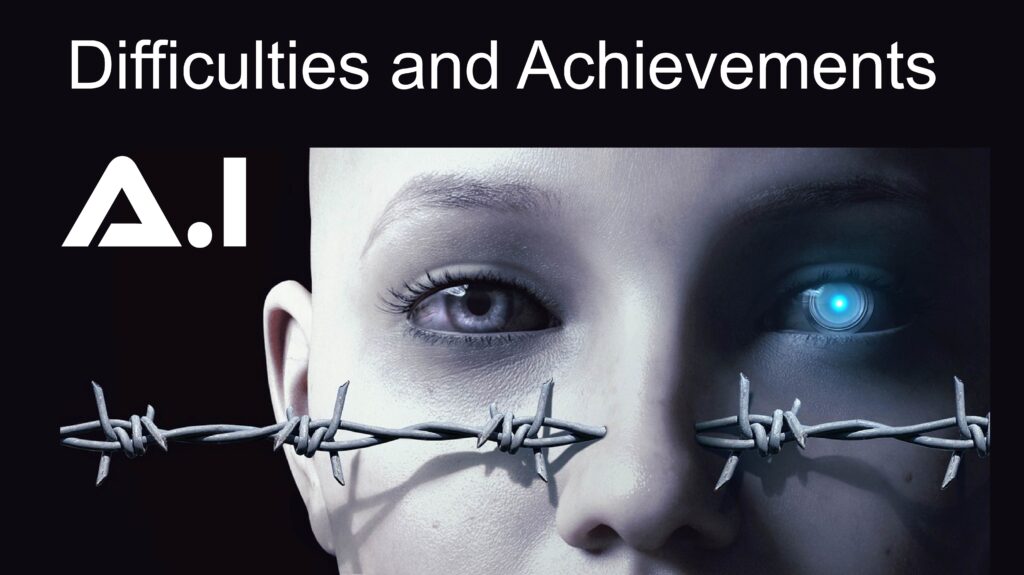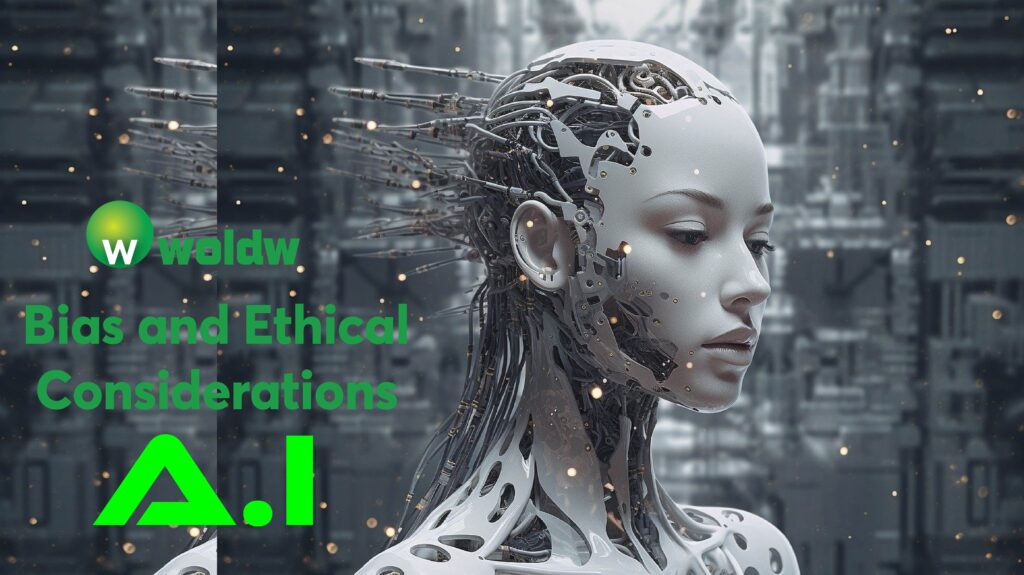The Mid journey of Artificial Intelligence
Unraveling the Evolution and Future
The advent of artificial intelligence (AI) has had a profound impact on society, industry, and how we view technology. It is essential to take stock of the accomplishments to date, the difficulties encountered, and the bright future that lies ahead as we approach the halfway point of this incredible journey.
The Origins of Artificial Intelligence
The origins of artificial intelligence can be found in the myths of prehistoric people who dreamed of creating sentient beings. However, the phrase “artificial intelligence” did not become widely used until the middle of the 20th century. The groundwork was created by trailblazing scientists like Alan Turing and John McCarthy, who envisioned machines that could replicate human intelligence.
Early Difficulties and Achievements:
AI’s early years were characterized by both skepticism and hope. Advancement was impeded by the constraints of algorithmic complexity, data accessibility, and processing capacity. After the initial euphoria came the AI winter, a time of decreased funding and interest. Despite obstacles, advances such as symbolic reasoning and expert systems showed the promise of AI.

The Development of Artificial Intelligence
The introduction of machine learning marked a sea change in AI. Systems were able to learn patterns from data by using machine learning algorithms, as opposed to explicit programming. This change sparked breakthroughs in recommendation systems, picture recognition, and natural language processing. Deep learning in particular, and the emergence of neural networks, have led to a new wave of AI capabilities.
Applications in All Sectors:
AI has an impact on many different industries. Diagnostic algorithms help medical professionals diagnose patients more accurately. Algorithmic trading and AI-driven fraud detection are advantageous to the banking sector. AI is used by autonomous cars to aid in navigation and decision-making, paving the way for safer and more effective transportation in the future.
Bias and Ethical Considerations:
As AI grows more widespread, ethical questions have surfaced. Some algorithms are black-box systems, which raises concerns about transparency and accountability. A major problem with AI systems is bias, which frequently reflects societal prejudices seen in training data. A fair and inclusive future depend on finding a balance between responsible AI development and creativity.

AI’s Place in Society
Artificial Intelligence has permeated every aspect of our life, impacting our interactions, productivity, and information availability. Chatbots, virtual assistants, and tailored suggestions are a few examples of how AI has been incorporated into society with ease. The ongoing discussion about the need for upskilling and job displacement draws attention to the socioeconomic effects of AI adoption.
Mid-Trip Difficulties:
Even with great advancements, AI still has problems. Unresolved issues include the interpretability of complicated models, the requirement for enormous volumes of labeled data, and the moral quandaries pertaining to autonomous systems. To get over these obstacles, interdisciplinary cooperation, legal frameworks, and continuous research are necessary.
upcoming horizons
With that in mind, the future of AI looks even more promising. Enhancing decision-making processes’ transparency is the goal of explainable AI. Federated learning solves privacy issues by enabling models to be trained across dispersed devices. AI could undergo a revolution thanks to quantum computing’s ability to solve complicated problems at previously unheard-of rates.
Collaboration Between Humans and AI:
The goal of AI in the future is to increase human capabilities rather than to replace them. Collaboration between humans and artificial intelligence (AI) is growing in popularity, with AI serving as a tool to support human decision-making and problem-solving. By combining the strengths of humans and robots, this collaborative approach produces more creative and resilient solutions.
AI in Science and Medical Research:
AI is still advancing personalized medicine, disease prediction, and medication discovery in the healthcare industry. Large datasets are analyzed by sophisticated computers to find trends and possible solutions. Similar to this, artificial intelligence (AI) is essential to scientific study since it speeds up the rate of discovery by processing vast amounts of data and recreating intricate scenarios.
Sustainability of the Environment:
Additionally, AI has the ability to handle urgent global issues like climate change. Machine learning models can help develop sustainable solutions, improve resource management, and optimize energy use. AI shows itself to be a useful ally in advancing a more sustainable future as we move through an era of increased environmental consciousness.
AI’s mid-journey is marked by a spectacular evolution, overcoming barriers, and opening up new opportunities. AI has proven to be a transformational technology, transforming businesses and impacting society since its modest beginnings. The future of artificial intelligence will be shaped by the combined efforts of researchers, legislators, and business executives as we manage the difficulties and unknowns that lie ahead. Adopting ethical AI development practices guarantees that this potent instrument transforms into a driver for good, improving human experiences and expanding our collective potential.
